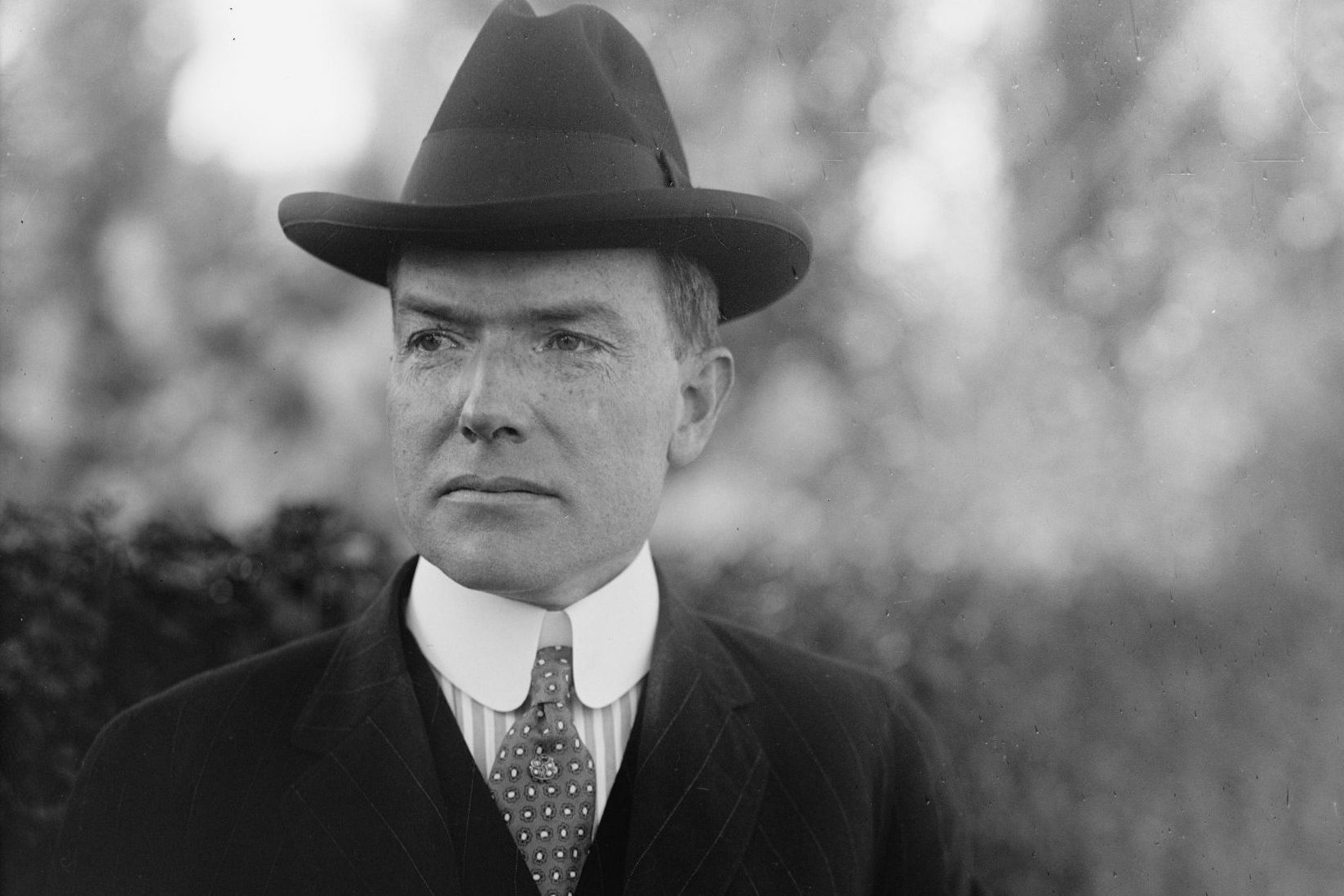For proof of the crucial role of trust in business, look no further than the amazing life story of the richest man in history, John D. Rockefeller. For the young Rockefeller, realising that “old men had confidence in me right away” soon after he had started his very first business, was a key to his future success. Throughout his phenomenal career in business, he said his biggest problem was always “to obtain enough capital to do all the business I wanted to do and could do, given the necessary amount of money.”
His ability to win the trust of banks and investors was one of his most valuable assets. “It is chiefly to my confidence in men and my ability to inspire their confidence in me that I owe my success in life,” Rockefeller acknowledges.
When the richest man in history is prepared to disclose the secret of his success, it’s definitely worth listening. As far as John D. Rockefeller is concerned, building confidence by trusting others and receiving their trust in return is the most important prerequisite for success in the business world. Somebody who doesn’t trust others will frequently find it hard to gain their trust. The reverse is also true: an untrustworthy person will find it hard to trust others because they are highly likely to project their own behaviour onto others.
Rockefeller’s biographer Ron Chernow stresses: “In his business career, John D. Rockefeller was accused of many sins, but he took pride in paying his debts promptly and abiding strictly by contracts.”
How to win trust
So, what’s the best way to win the trust of others? By acting and - even more crucially - by thinking in a way that inspires trust. Potential business partners can usually tell who is being sincere with them or not. Of course, business history has had its share of ingenious liars and fraudsters, swindlers who are skilled at concealing their real intentions and winning trust they don’t deserve. Bernard “Bernie” Madoff, who over many years managed to steal $65 billion from wealthy investors, corporations and foundations by lying and cheating, is a prime example.
Fortunately, Madoff’s gift for dissembling is the exception rather than the rule. There will always be men and women who succeed in winning the trust of others at least for a time, even though they do not deserve it. But they are in a minority. For the vast majority, the simple truth is: The more trustworthy a person is in their attitudes and actions toward others, the more trust they will earn in return. Most people have good “antennas” for sensing whether somebody is being sincere or not.
And when it comes to honesty, it is important to tell the truth, even when it comes to “small matters.” Albert Einstein once famously cautioned: “Whoever is careless with the truth in small matters cannot be trusted with important matters.” Anyone who tells even a single lie runs the risk of being caught out in that lie. More importantly, they also run the far larger risk of losing their most important capital: the trust of others. Is it worth risking that capital for the sake of the small benefit gained from a single lie?
The truth is the best “trick”
Honesty can bring great rewards - especially in business: “I always tell prospective clients about the chinks in our armour. I have noticed that when an antique dealer draws my attention to flaws in a piece of furniture, he wins my confidence,” explained David Ogilvy, the British advertising guru. This is an age dominated by scepticism; people are less likely than ever to trust those who promise them the moon. When a salesperson tells their customers about any faults in their products or services, the customers are far more likely to believe any promises the salesperson makes about advantages and benefits. Every time someone discloses a weakness of their own accord, they’re making a deposit in their trust account.
Warren Buffet’s “Newspaper Test”
Thousands of years ago, the teachings of the Greek philosopher Epicurus established a principle that is more relevant today than ever before: “Let nothing be done in your life, which will cause you fear if it becomes known to your neighbour.” There are times when everybody is unsure about whether what they’re doing or planning to do is right or wrong. In such cases, this valuable advice from Epicurus can certainly help, and Warren Buffett swears by it too. He applies the following test to every decision and action: Is it something you would be happy for your wife, family, friends and neighbours to read about the next day in their local newspaper. No one should ever agree to do something that could damage their reputation if it becomes public knowledge. By doing so, they open themselves to the risk of blackmail and will have to live in constant fear of exposure. It is simply a fact of life that almost every deed is going to come to light sooner or later. Thus, the person who acts honourably at all times will never have anything to fear if and when their actions are laid bare.
About the author
Rainer Zitelmann holds doctorates in history and sociology and was an extremely successful entrepreneur for 15 years. He has written 23 books, the most recent of which is Dare to Be Different and Grow Rich. The Secrets of Self-Made People.











